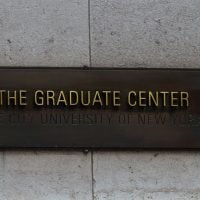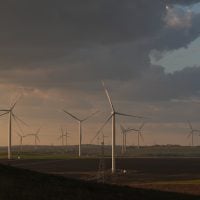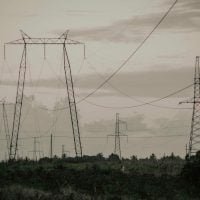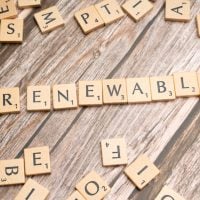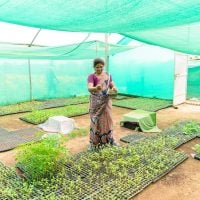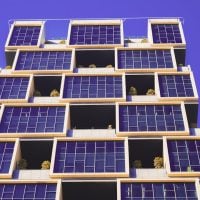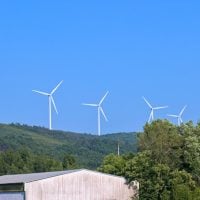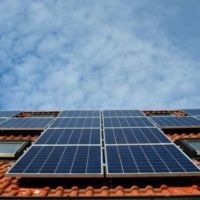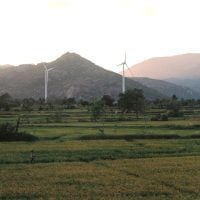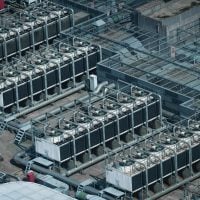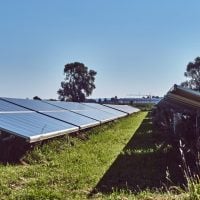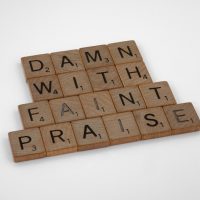Deadline: 31-Jan-23
Do you have a project in mind which will make a difference to the wildlife, heritage or communities of the Blackdown Hills? If yes, then Community groups, schools, organisations and individuals could be eligible for a grant of up to £2,000 from the Blackdown Hills AONB’s Sustainable Development Fund (SDF).
The Sustainable Development Fund is aimed at supporting projects that bring social, environmental and economic benefits to the area and demonstrate innovation and good practice.
Funding Information
The maximum grant available for 2022/23 is £2,000 and funding is paid on completion of the project and not upfront.
Types of Projects
The types of project that are eligible for a Sustainable Development Fund grant include:
- Restoration of historic features e.g. village ponds, community orchards, traditional boundaries
- Training programmes to safeguard traditional skills e.g. hedge-laying, woodland management, surveying and conservation
- Projects that provide new opportunities for young people
Eligible Projects
The fund can support a range of projects including practical work, feasibility studies, research projects, partnership development, and training. Grants can be used to fund new projects or to add value to an existing project. Projects need to demonstrate that they will:
- Help to conserve and enhance the natural beauty of the AONB
- Increase the understanding and enjoyment of the special qualities of the AONB
- Bring environmental, social and economic benefits to the AONB
- Have the demonstrable support or involvement of local community
Eligibility Criteria
Public, private, voluntary and community groups can apply for SDF funding; individuals and businesses can also apply if they can demonstrate their project has a clear benefit for the wider community.
Criteria for SDF Funding
Your application to the Blackdown Hills Sustainable Development Fund will be assessed according to the extent to which your project meets the following criteria:
- Environmental criteria
- Does the project:
- Conserve and enhance the built and/or natural environment
- Protect or increase biodiversity
- Promote or implement ‘reduce; reuse; recycle’principles
- Promote the use and/or generation of renewable energy
- Reduce the need for car, van and truck journeys
- Minimizes pollution of the land, air and water
- Does the project:
- Social Criteria
- Does the project:
- Encourages community engagement, ownership or empowerment
- Conserve and support the cultural heritage
- Encourage links between urban groups and those resident in the aonb
- Combat social exclusion, particularly of young people
- Promote local community action
- Encourage those involved to engage in a more sustainable lifestyle
- Does the project:
- Economic criteria
- Does the project:
- Satisfy local economic needs
- Provide long-term economic benefit to the community
- Contribute to local training and/or employment prospects
- Make use of local suppliers of products, services and materials
- Demonstrate responsible business practices, promote community support for the local economy
- Does the project:
- Criteria for success
- Does the project:
- Promote, enhance or generate greater awareness and understanding of sustainability principles
- Promote understanding and enjoyment of the AONB’s special qualities
- Have a clearly defined set of realistic aims and measurable outcomes
- Have a sound management structure to achieve its aims and monitor its outcomes
- Demonstrate innovation, creativity or best practice
- Bring organizations together in partnership to tackle an identified need
- Explore opportunities to access funds and/or support in kind from other sources
- Add value or new dimension to existing sustainability projects
- Does the project:
For more information, visit https://blackdownhillsaonb.org.uk/get-involved/find-funding/sustainable-development-fund/

